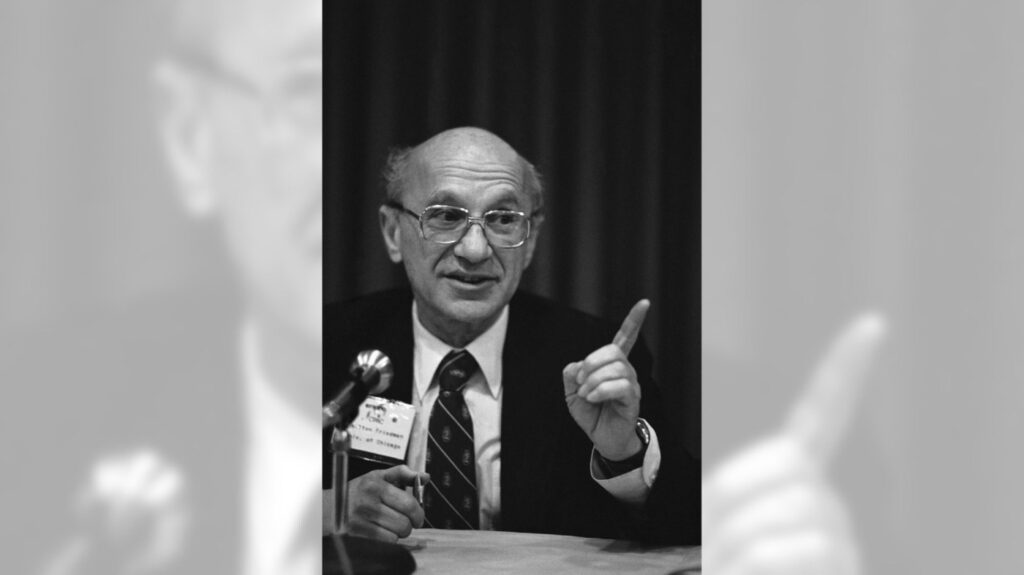
Tomorrow marks the 111th birthday of economist Milton Friedman, one of history’s most consequential free-market advocates. Heeding the work of Friedman this year reminds us how much more sound and sustainable the nation’s policies could be.
Born July 31, 1912 to working class immigrants from Hungary in New York City, what made Milton Friedman unique not only was his grasp of economics, but also his ability to simply explain complex ideas.
What Milton Friedman understood better than most was that individuals, with private interests and expertise, were best able to advance society.
“Nobody spends somebody else’s money as carefully as he spends his own,” he said. “Nobody uses somebody else’s resources as carefully as he uses his own. So if you want efficiency and effectiveness, if you want knowledge to be properly utilized, you have to do it through the means of private property.”
While others of his time advocated for redistribution and central planning of sorts, Friedman argued competition would be the catalyst for success. He understood that merely having good intentions is an inadequate basis for sound public policy.
“When government — in pursuit of good intentions — tries to rearrange the economy, legislate morality, or help special interests, the cost come in inefficiency, lack of motivation, and loss of freedom,” he said. “Government should be a referee, not an active player.”
Later in life, he would apply this concept to his ideas for education reform.
Friedman’s advocacy of school vouchers continues to linger in debates over how best to serve students. According to a Public Policy Institute of California poll, most Californians, and most Black and Latino parents by even larger margins, support his idea of giving vouchers to parents so they can choose where to send their children to schools.
Milton Friedman passed away November 16, 2006. But his ideas live on. Friedman’s ideas transcend a generation and he laid a theoretical framework that should be used today as an intellectual defense for many of the unwise policies being advocated in Washington and elsewhere.
A version of this editorial was originally published in the Orange County Register in 2012.
